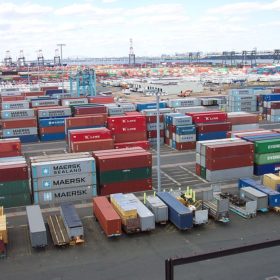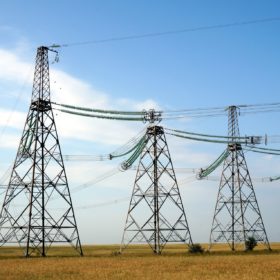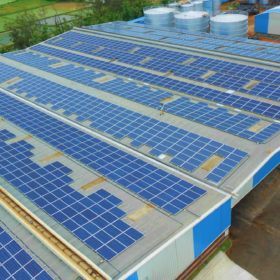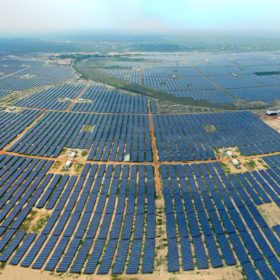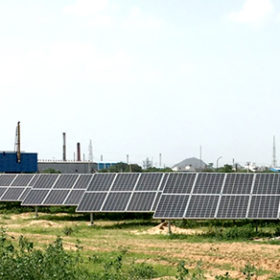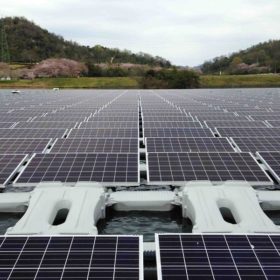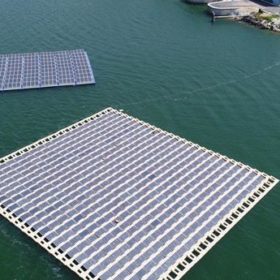Indian renewables leaders split over need for regulation
While some of the industry insiders gathered at REI 2019 have made predictable calls to be free of the restrictions imposed by regulators, others maintained policy support is crucial and audience members voiced concern about India’s lack of recycling rules.
Trina opens trade show by announcing more than 4 GW of module shipments to India
The Chinese manufacturer claims to be the first company in the nation to supply that volume of solar modules. The news is unlikely to be welcomed by a government desperate to foster its own solar manufacturing sector.
SECI to supply almost 1.3 GW of clean power through deals signed in the last four weeks
With the power minister hinting a new renewable energy tariff policy could be in the works, the federal agency responsible for solar – which has come under fire after the latest delay to a troubled PV manufacturing tender – has boasted of the volume of clean power it has signed deals for recently.
REIL tenders for installation of 270 EV charging stations
The chargers will be set up in six cities (Agra, Bengaluru, Goa, Hyderabad, Ranchi, Shimla) and along Delhi-Jaipur-Agra-Delhi and Mumbai-Pune-Mumbai highways.
Uttar Pradesh tenders 16 MW of ‘Capex mode’ rooftop solar
Uttar Pradesh New and Renewable Energy Development Agency (UPNEDA) has invited bids for the setting up of about 16 MW of ‘Capex mode’ grid-connected rooftop solar power plants on government buildings in the state. Bidding closes on September 23.
Adani acquires Essel’s 205 MW solar assets for Rs1300 crore
The purchased solar portfolio is relatively young with average remaining PPA life of around 22 years.
IIT Kanpur invites EoI for solar-plus-storage smart grid pilots
A total of three smart grid field pilots are to be set up—two inside the IIT Kanpur campus and one at two village hamlets in Kanpur—under a U.S.-India collaborative project on smart distribution system with storage. The deadline for EoI submission is August 30.
Uttar Pradesh cabinet clears 150 MW floating solar plant over Rihand Dam
The plant will attract an investment of Rs 750 crore into the state, with Rs 500 crore coming from ReNew Power to set up 100 MW and Rs 250 crore from Shapoorji Pallonji for the remaining 50 MW.
NTPC opens global bids for 20 MW floating solar project in Uttar Pradesh
The winning developer will be able to use solar modules and cells of any origin for the plant, which will be built in Auraiya district, Uttar Pradesh. Bidding closes on Sept. 5.
Plans to install 100 EV charging stations in Noida
Energy Efficiency Services Limited will provide the funding with authorities in the planned city offering up sites and electricity connections under an agreement announced yesterday.

